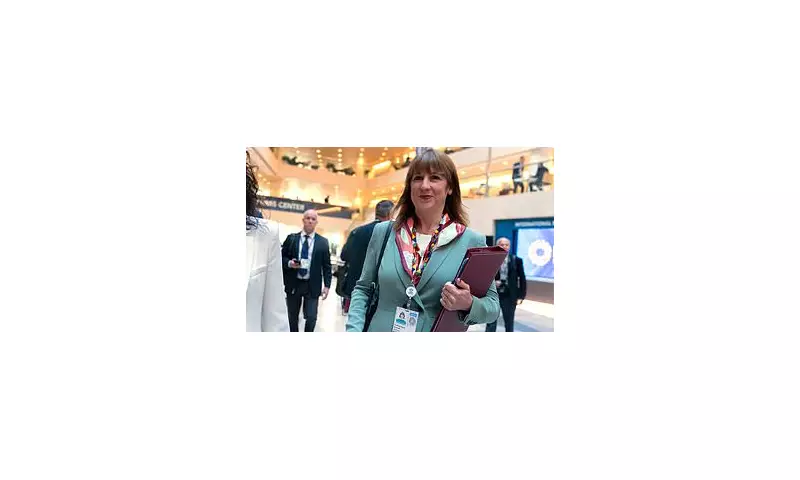
Chancellor Rachel Reeves is engaged in a high-stakes race against time to finalise a comprehensive trade agreement with Gulf nations while simultaneously working to persuade sceptical economic forecasters that Labour's growth strategy can deliver without resorting to tax increases.
Diplomatic Push for Gulf Partnership
In a significant move to boost Britain's economic prospects, the Treasury is accelerating negotiations for a trade pact with the Gulf Cooperation Council (GCC), representing six Middle Eastern nations including Saudi Arabia and the United Arab Emirates. This strategic initiative forms a crucial component of the government's plan to stimulate economic growth through enhanced international trade relationships.
Battle for Economic Credibility
Reeves faces mounting pressure to convince the Office for Budget Responsibility (OBR) that Labour's economic blueprint can generate sufficient growth to fund public services without implementing the tax rises many economists consider inevitable. The Chancellor's team is working intensively to provide the independent fiscal watchdog with compelling evidence supporting their growth projections.
Strategic Timing and Economic Implications
The urgency surrounding these parallel efforts reflects the government's recognition that securing tangible economic wins early in their term is essential for maintaining market confidence and political momentum. A successful Gulf trade deal could provide a much-needed boost to UK exports and strengthen Britain's position in key emerging markets.
Meanwhile, the outcome of discussions with the OBR will significantly influence the government's fiscal options in the upcoming autumn statement, potentially determining whether Labour can honour its commitment to avoid major tax increases while maintaining spending on vital public services.
Broader Economic Context
This dual-pronged approach comes amid ongoing economic challenges facing the UK, including persistent inflation concerns and sluggish growth projections. The government's ability to deliver on both the international trade front and domestic economic management will be closely watched by markets, opposition parties, and the public alike.





